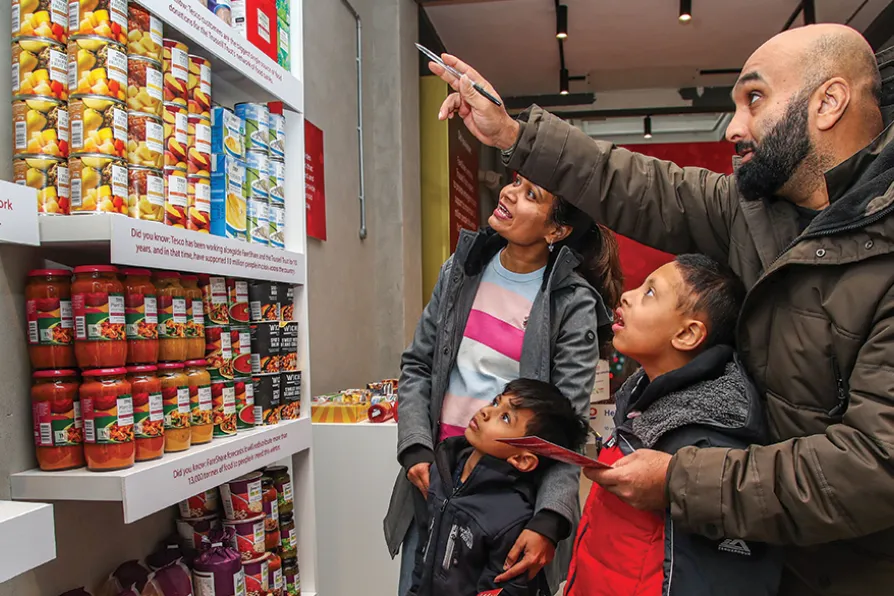A survey circulated by a far-right-linked student group has sparked outrage, with educators, historians and veterans warning that profiling teachers for their political views echoes fascist-era practices. FEDERICA ADRIANI reports

 SOLIDARITY: The Kotadiya family in the 'Give Back Express' set up by Tesco, FareShare and the Trussell Trust that allowing customers to choose and pay for items most needed by foodbanks
SOLIDARITY: The Kotadiya family in the 'Give Back Express' set up by Tesco, FareShare and the Trussell Trust that allowing customers to choose and pay for items most needed by foodbanks
THIS winter more and more of our fellow citizens will go hungry. In Scotland and across the UK people who have never suffered from food insecurity before will, for the first time, not have enough food to feed themselves and their families.
This is a very real and immediate human rights crisis that needs a very real and immediate response.
Last Friday, The Larder hosted a National Emergency Food Summit. We issued an open invitation to statutory and non statutory organisations, voluntary and community groups, politicians, trade unions, academics and individuals, from across Scotland, to come together in an effort to find a collective way forward to put food into people’s bellies this winter.

From the ‘marketisation’ of care services to the closure of cultural venues and criminalisation of youth, a new Red Paper reveals how austerity has weakened communities and disproportionately harmed the most vulnerable, write PAULINE BRYAN and VINCE MILLS

Tackling poverty in Scotland cannot happen without properly funded public services. Unison is leading the debate












